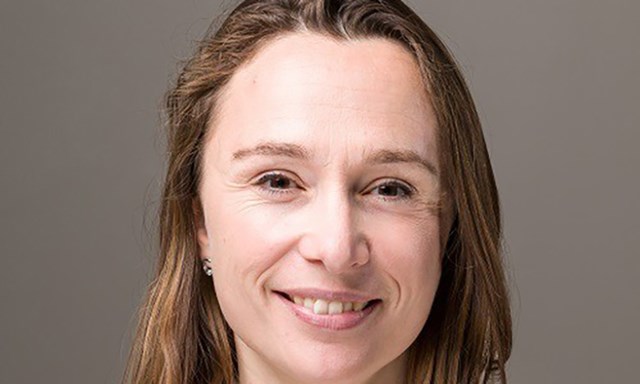The Global Solar Council (GSC) released a new paper today calling for urgent reforms to the financial architecture underpinning the solar sector.
The trade body said urgent reforms to global finance systems are needed to unlock solar investments, especially in under-served regions, and to close the funding gap between developed and developing countries.
The paper outlines 10 recommendations to accelerate investment flows, rebalance capital allocation, and ensure solar energy reaches every part of the world, not just wealthier countries.
The paper, How to Finance Solar for All?, is the first product of the GSC’s finance task force, chaired by Jinko Solar, and draws from industry expertise, investor insights, and policy intelligence from across the globe.
GSC chief executive Sonia Dunlop (pictured) said: “Finance must become the catalyst for energy equity – not a barrier. Our message to policymakers, development banks, and the private sector is simple: if we want to scale up solar deployment to 1TW per year, we have to bring down the cost of finance for solar projects large and small around the world.
“A typical project that today gets 15% cost of finance needs to come down to 5%. We need to find ways of de-risking these projects.”
Despite solar’s rapid growth – with global installed capacity reaching 1865 GW in 2024 – the report warns that capital flows remain unequal and structurally misaligned.
GSC said that while over $2 trillion was invested in clean energy in 2024, just 3% of global energy investments reached Africa. Countries like Nigeria face equity return expectations as high as 59.7%, compared to 8.3% in Germany, the report claimed.
The report calls for more public-private coordination, concessional finance, and de-risking instruments to re-invigorate capital flows.
It recommends correcting geographic and value chain imbalances by ensuring fair access to capital in high-risk markets and underfunded solar segments.
The report also calls for storage to be treated as core infrastructure and not an add-on, with new financial tools tailored for solar-plus-storage. In addition, it recommends developing financing for newer solar applications, such as agrivoltaics, floating PV, and more.
“Finance is not neutral – it is a political and structural choice,” said Lin Sun, chair of GSC’s finance task force and head of sustainability at Jinko Solar. “If we are serious about delivering energy equity, climate action, and the SDGs, solar finance must become more inclusive, transparent, and future-ready.”

